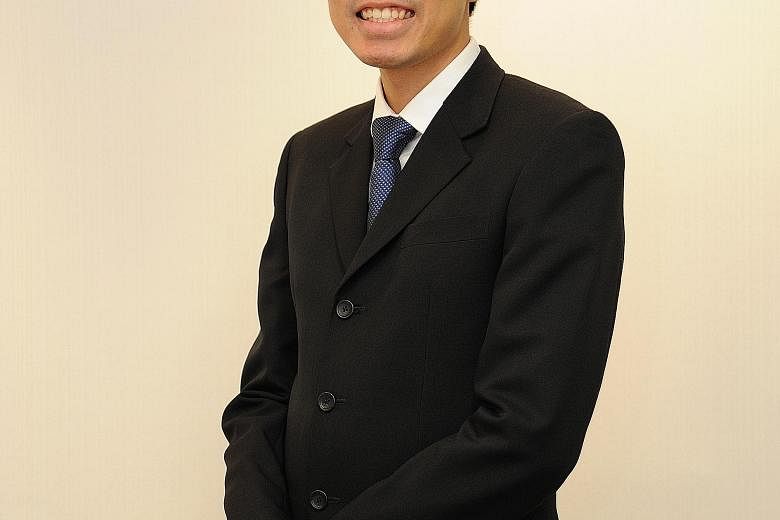The risk-reward profile of the Singapore real estate investment trust (S-Reit) sector has turned a little sour, a new report says.
Its appeal is being dragged down by impending interest rate hikes and declining distribution per unit (DPU) growth, the report by OCBC Investment Research concludes.
It forecasts that investors will reap "almost zero" total returns from now till the end of next year, and may even suffer a rapid initial capital loss before later drawing back to even on dividend gains.
"We urge caution and recommend investors practise stringent bottom-up stock picking within the S-Reit space, as well as active capital reallocation into high-end developers and real estate players in strong growth niches," said analysts Eli Lee and Andy Wong, who wrote the report.
The sector's already muted DPU growth is expected to slide from 3.8 per cent year on year this financial year to 2.2 per cent in the 2017 financial year, as rental outlook weakens across all key sectors - office, retail, industrial and hospitality.
S-Reits have limited debt headroom to grow DPU through acquisitions, they noted. The average gearing ratio of S-Reits is now at 34.2 per cent.
This is close to the "practical" gearing level of 40 per cent - after the Monetary Authority of Singapore recently proposed to change the debt-ratio limit to 45 per cent.
Also, rising interest rates will result in higher forward yields and put a downward pressure on S-Reit prices, they said.
As interest rates rise, the MAS 10-year bond yield - often used as a benchmark for S-Reits - is expected to increase too. Forward yields for S-Reits , which tend to be highly correlated, should rise in tandem from 6.32 per cent now to 7.25 per cent at the end of next year.
As a result, based on anticipated DPU growth for the sector, S-Reit unit prices could weaken 9.51 per cent from now to the end of next year, they say.
Taken together with a projected 9.53 per cent return in dividends over this period, total returns work out to a wafer-thin 0.02 per cent.
And the expected interest rate hike by the United States Federal Reserve could spell market volatility. S-Reits can suffer significant declines during periods of high market volatility, they noted.
On the other hand, "deep value" may be found in high-end developers, according to the report.
High-end property here is fundamentally undervalued, they said. The premium of the high-end segment's median price over the mass market is at a 10-year low at 59 per cent. Singapore high-end home prices as a ratio of economic output per capita is also one of the lowest among major cities.
"We believe prices of listed developers are overly discounted and have fully priced in the negatives," they said.
They also favour real estate players in strong growth sectors, including modern logistics facilities in key markets including China and Brazil, and data centres.



